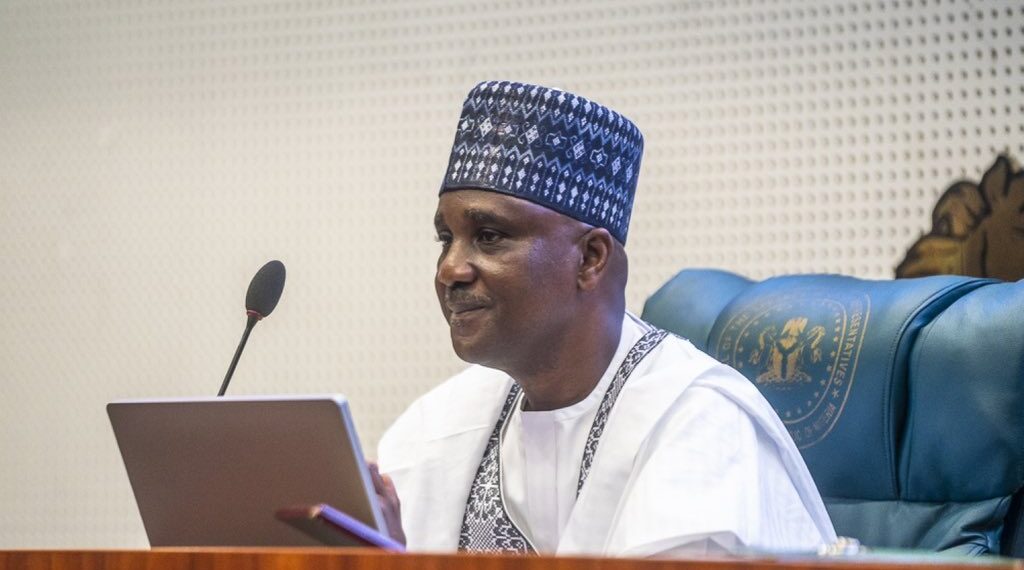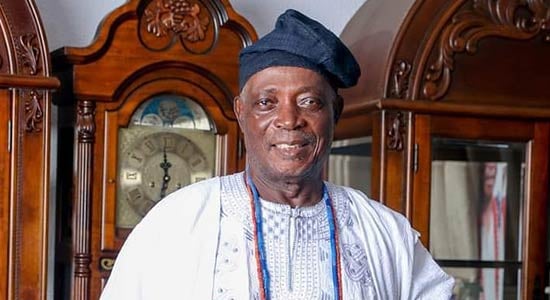The Speaker of the House of Representatives, Tajudeen Abbas, has warned that Nigeria’s mounting debt has breached the statutory threshold, posing grave risks to fiscal stability and sustainable development.
Speaking on Monday at the opening of the 11th Annual Conference and General Assembly of the West Africa Association of Public Accounts Committees (WAAPAC), held at the National Assembly in Abuja, Abbas described the country’s debt trajectory as “a structural crisis that demands urgent reforms.”
The conference, attended by lawmakers, financial experts, and development partners from across the sub-region, is focused on the theme “Strengthening Parliamentary Oversight of Public Debt: The Role of Finance and Public Accounts Committees.”
Citing fresh data, the Speaker disclosed that Nigeria’s total public debt stood at ₦149.39 trillion (US$97 billion) as of Q1 2025, compared with ₦121.7 trillion the previous year. This represents a sharp rise in borrowing that has pushed the debt-to-GDP ratio to about 52 per cent, significantly higher than the statutory ceiling of 40 per cent set by Nigerian law.
“This is not just a budgetary concern but a signal of strain on fiscal sustainability,” Abbas said. “We must strengthen oversight, ensure transparent borrowing practices, and collectively demand that every naira borrowed yields tangible economic and social returns.”
The Speaker lamented that debt servicing continues to consume a disproportionate share of government revenue, crowding out vital spending on infrastructure, health, and education.
Financial experts have similarly warned that Nigeria now spends more on loan repayments than on social services, raising fears of an unsustainable debt path.
Abbas noted that Nigeria’s situation reflects a broader African debt challenge, with several countries in the region facing similar repayment pressures. To address this, he announced plans to establish a West African Parliamentary Debt Oversight Framework under WAAPAC, aimed at harmonising debt reporting, strengthening transparency, and empowering parliaments with timely data for scrutiny.
He also unveiled a regional capacity-building programme for Finance and Public Accounts Committees to enhance debt sustainability analysis and fiscal risk assessment.
Read Also;
NOA Raises Alarm Over N190bn Unclaimed Dividends, Urges Nigerians to Reclaim Funds
While stressing that borrowing remains an important tool for development, Abbas warned against reckless accumulation that fuels consumption or corruption.
“Borrowing should support infrastructure, health, education, and industries that create jobs and reduce poverty. Reckless debt must be exposed and rejected. Oversight is not just about figures, but about the lives and futures behind those figures,” he emphasised.
The Speaker reiterated the 10th House’s commitment to transparency, announcing that all major borrowing proposals would undergo public hearings, while simplified debt reports would be made available to citizens under the chamber’s Open Parliament Policy.
He urged WAAPAC delegates to treat the deliberations with urgency, stressing that their resolutions would be pivotal in strengthening fiscal responsibility and accountability across the continent.




